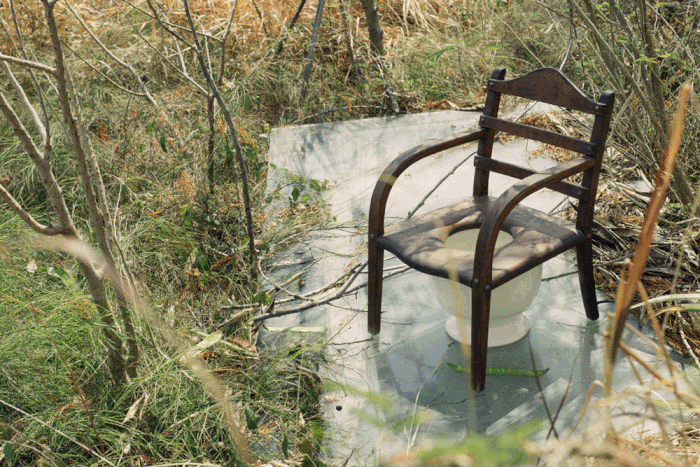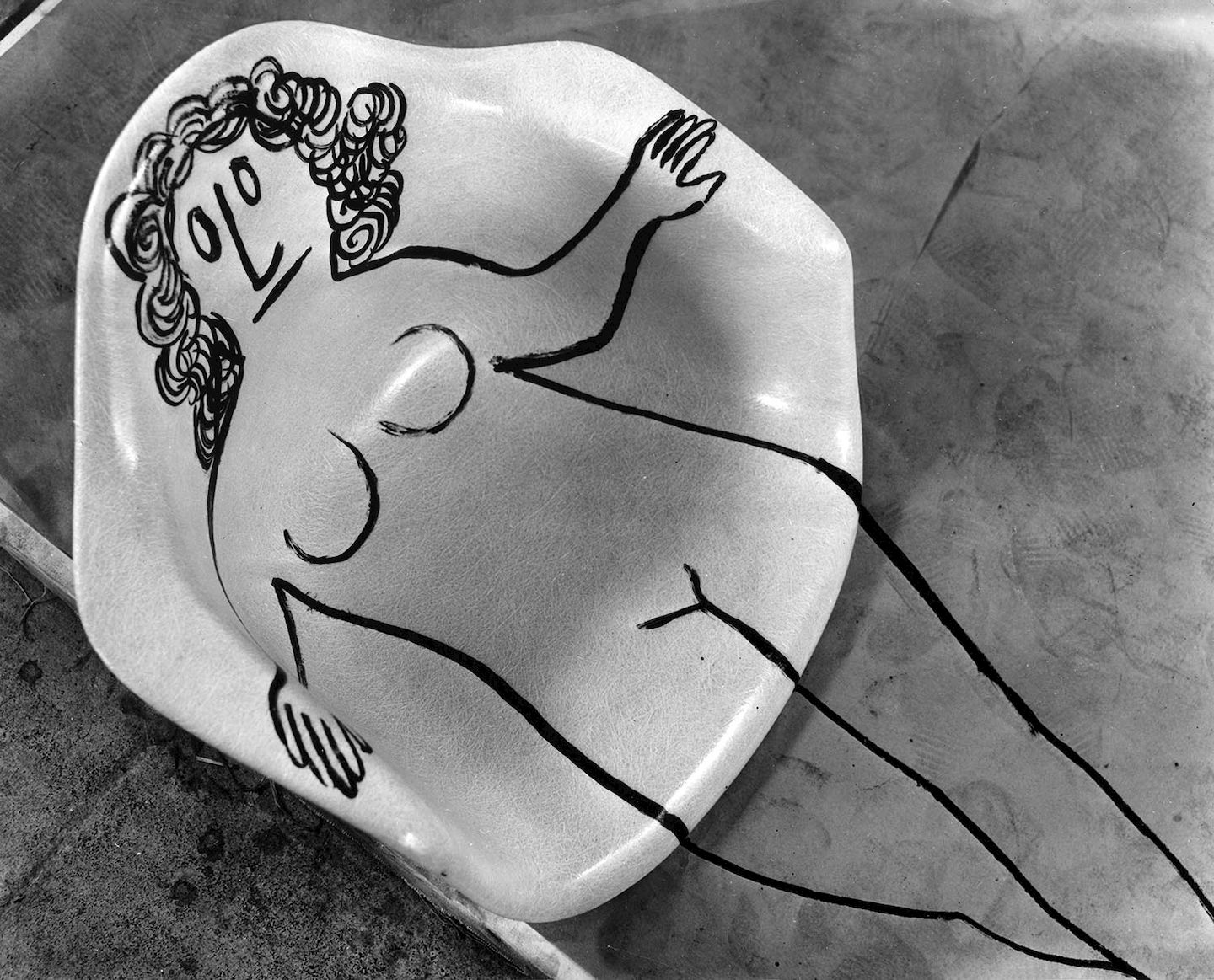Cultural Dictionary: Heirloom
by Sophia Park
by Sophia Park
My mom texts me, “Did you eat?” on Kakaotalk, spelling out “eat” to reflect her southern Korean dialect and revealing her home to be Gyungsangbuk-do, North Gyung Sang Province. Her masked way of asking, “Are you able to eat?” is a common greeting among Koreans. Checking whether or not you can afford to eat comes from a similar place that makes me question why an immigrant like me can’t fully distinguish the victories from the challenges that I face living between two countries, languages, and cultures. This place is where my Han lives. Han is an intangible part of Koreans that reminds us of who we are no matter where we are in the world.
It’s difficult to say what Han is exactly, but most importantly Han is rooted in injustice. It is a mixture of unresolved tension and oppression combined with angst, resiliency, hope, and pride. It is simultaneously an abstract concept and an invisible, inheritable personality trait that influences how Koreans navigate the world. Han’s meaning has shifted throughout history; it has been used as a justification to oppress Koreans, a battle cry during political protests, and a demonstration of filial piety at funerals.
One of the manifestations of Han in modern times is reflected in the communal desire for production and perfection. Many Korean high school students spend their waking hours bent over books due to pressure to enter a good university. In a tough job market, professionals must outperform each other not only in their work, but also in the culture of heavy drinking. A significant consequence of this intense lifestyle is chronic stress. Stress for Koreans doesn’t come just from the negative effects of capitalism; an unspoken, deep stress also comes from the unresolved relationship between South Koreans and North Koreans, and the trauma passed down from years of colonialism and oppression from outside forces. In the age of migration, this stress travels across borders, which reinforces Han’s presence throughout the Korean diaspora. Han causes stress, but stress also causes Han.
View this post on Instagram
The expectation that one individual carries the complete weight of Han is unreasonable. While individuals do have to face the daily stresses it produces, the collective also shares this weight. When pushed for a definition for Han, Koreans will use different words to describe it. However, when Han is mentioned in a conversation, everyone will nod and understand immediately.
The ability for all Koreans to understand Han is how its weight is distributed across a collective. This distribution means that not only does Han affect everyone, but it also allows the community to heal together.
Science can perhaps provide a possible answer as to how Han has proliferated so widely. Epigenetics is the idea that outside factors, such as your environment, can impact the very fabric of your being, your DNA. Stress is a factor that scientists have shown can be passed down through generations. With deep ties and interactions between Han and stress, it’s easy to see how the flow of Han could intersect with epigenetics, allowing it to cross generations, circumstances, and national borders.
Regardless of the possible scientific answers of how Han moves across generations, Han at its core passes through the conversations and memories we share with our family, biological and chosen, and the greater community. For an idea that is inherently tied deeply to one land, Han has flourished internationally through the Korean diaspora and the wave of Korean cultural influence.
Passed down like an heirloom that shapeshifts as it is changed by the environment, Han is like a gift that transforms me into the next version of myself. This heirloom links my personal history of living as an immigrant in the United States to my family’s history in Korea. My halmuni’s, or grandmother’s, stories of survival in the countryside after the Korean War and her mentions of a bygone time in spent in Japan at a young age. My halahbuji’s, or grandfather’s, stories of teaching middle school in the rural countryside of Korea and his career change in his 40s to theology. My mom’s stories about the protests she attended during one of the most oppressive regimes in Korean history and how she traveled across the country to participate in the nascent singing competitions to become a vocalist. All of these intertwining narratives demonstrate moments of triumph in times of great social stress. They show how that stress, pride, and resilience was passed down to me in the form of Han.
"Han at its core passes through the conversations and memories we share with our family, biological and chosen, and the greater community. For an idea that is inherently tied deeply to one land, Han has flourished internationally through the Korean diaspora and the wave of Korean cultural influence."
Most of my family lives in Korea, so I spend many hours on planes coming to and from my homes. In the plane’s pressurised cabin, I often wonder why the other passengers are traveling to and from Korea. I consider the identity I am crafting as someone living on the Korean and Korean American spectrum. Existing as an immigrant woman in a country that does not fully embrace people like me, I wonder how my Han is embodied and exists in the world. I imagine it as a plasma-like substance that is both viscous and fluid. It is firmly planted throughout my body. It keeps me safe and strong, yet reminds me of my humanness by letting stress test me at times. I think about the challenges that generations before me faced, the roses and thorns that were ingrained into their cores, and passed along to me—just one person in the large stream of the beautiful Korean diaspora.
**
This article is part of Cultural Dictionary, a series in which guest contributors delve into cultural nuances to form a lexicon which may aid us in understanding the similarities and differences between us.





